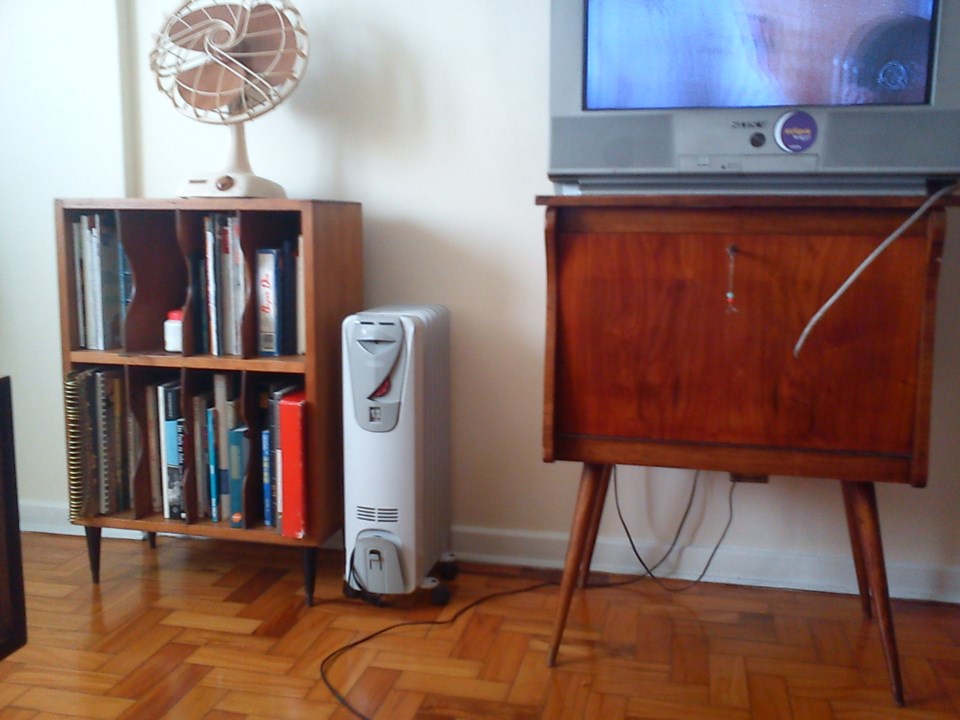As winter approaches and temperatures drop lower, ensuring your home is safe and warm becomes a top priority.
One significant hazard during this season is the risk of heater fires. However, with proper preparation and precautionary measures, you can enjoy a comfortable winter while minimizing the risk of dangerous fires caused by heating equipment.
Here are a few essential steps to help you prepare your home for winter and keep your family safe:
1. Inspect Your Heating System
Before the cold sets in, schedule a professional inspection of your heating system. Regular maintenance can prevent malfunctions and reduce the risk of fire, and should include furnaces, boiler and heat pumps.
A qualified technician can identify potential issues and ensure everything is operating efficiently. They will also look for signs of wear or damage, such as rust or leaks.
2. Clean And Replace Filters
One of the simplest yet most effective ways to enhance your heating system’s performance is by maintaining your system’s filters. Clogged filters can not only cause your heating unit to overheat, leading to a fire hazard, but they can also cause your system to run less efficiently.
Depending on your system and the type of filter, homeowners should check filters monthly and replace them every three months, or as needed. This not only improves safety but also boosts efficiency, saving you money on heating costs.
3. Clear The Area Around Heaters
Heating devices need space to operate safely. Regardless of whether they are portable or fixed, make sure your heaters aren’t surrounded by clutter or debris.
Any flammable materials, such as paper, clothing and furniture, should be at least three feet away from the heating unit. This simple act can significantly reduce the risk of a fire spreading.
4. Use Portable Heaters Wisely
If you rely on space heaters, choose models that have safety features such as automatic shut-off, tip-over protection and overheating protection.
Always plug heaters directly into a wall outlet. Never use an extension cord or power strip because these can overheat and pose a fire risk. And, when you aren’t using the heaters, be sure to unplug and store them in a safe location.
5. Maintain Chimneys And Flues
If you use a fireplace, wood stove or any heating appliance that vents outside, regular cleaning and maintenance are essential.
Have your chimney inspected and cleaned annually to remove creosote buildup, which is highly flammable, and ensure that flues are operating correctly. You should never burn paper or other materials that can generate excessive smoke and spark a fire. Use alternative tinder materials like shredded bark, cotton balls or wood shavings instead.
6. Install Smoke Alarms And Carbon Monoxide Detectors
Smoke alarms are vital for early fire detection. Install them on every level of your home and test them monthly. Change the batteries at least once a year or consider using long-life lithium batteries.
You should also install carbon monoxide (CO) detectors near sleeping areas. Heating systems, especially those that burn fuel, can produce CO, which is colorless, odorless and deadly. While the number varies each year, the U.S. Centers for Disease Control estimate that about 2,100 people die from CO poisoning each year.
7. Be Cautious With Holiday Decorations
As the holiday season approaches, decorations often include lights and other electrical items. Ensure that all lights are rated for indoor use and inspect them for frayed wires or damage before using them.
Turn off all holiday lights when you leave home or go to bed, and be mindful of where you place your decorations: don’t place them near heating sources or flammable objects.
8. Educate Your Family
Make sure everyone in your household understands the risks associated with heating equipment and knows how to use them safely. Discuss the importance of keeping flammable materials away from heat sources, the dangers of using damaged electrical cords and the importance of reporting any issues with heaters immediately.
Preparing your home for winter is not just about comfort—it's also about safety. By taking proactive steps to maintain your heating systems, ensuring a clutter-free environment, and educating your family about fire risks, you can significantly reduce the chances of heater fires.
This winter, enjoy the warmth and coziness of your home, knowing that you've taken the necessary precautions to keep your family safe.
Chris Petri serves as the operations manager for Brooklyn-based Petri Plumbing, Heating, Cooling & Drain Cleaning.




